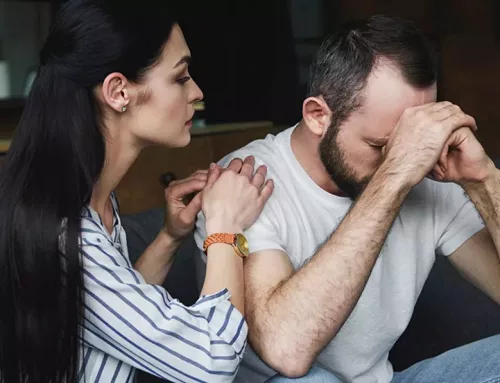Menopause can be a confusing time in a woman’s life. You are coming to the end of your child bearing years, which can be quite emotional, plus your body is changing-sometimes in not so pleasant ways. It can be scary and overwhelming, no matter how prepared you are. Everyone’s body is different so one woman’s experience may be different from another, but in general most women will experience similar symptoms, just in varying degrees. Knowing what to expect and understanding why can make this life change more bearable and give you peace of mind. Here are the most common questions women ask menopause:
1. Is excess hair growth normal?
A. Unfortunately the answer to this one is yes for some women. During menopause estrogen levels decrease, which results in higher levels of testosterone in your system, which can lead to hair growth in odd places for some women, like their upper lip, chin and jaw. This can be alarming , not to mention embarrassing, but luckily it can be fixed.
You can wax or remove the hair while your menopausal or your physician can prescribe hormone therapy to bring your estrogen level up and eliminate unwanted hair growth.
2. Will menopause make me not like sex anymore?
A. The answer is a yes and no for menopause and sex. You may not be interested in sex when your menopausal, but or 95% of women it is temporary and can be corrected before they become post menopausal. There are several reasons why this happens, both physical and mental The main reason is your lower estrogen levels cause your libido to drop, making you less sexually excited. In addition your depleting estrogen causes your vaginal walls to thin out and become dry. This can make sex very uncomfortable and by extension less appealing to you. Finally the emotional turmoil your experiencing and the stress your feeling can make sex seem unimportant even undesirable.
Fortunately, there are creams to lubricate your vaginal walls and keep them moist to relieve your discomfort. In addition, simple stress exercises will help you get control of your emotions, at which point you should resume an active sex life.
3. How bad are hot flashes?
A. The intensity and frequency of hot flashes vary widely. Some women report hardly any or if they do they are so mild they are barely noticeable. Other women have had such severe hot flashes they needed medical attention, but that is very rare. Most women will experience mild to moderate hot flashes a few times a week. In general during a hot flash your body temperature rises, causing your skin to become flushed and producing a chill and some light sweating once it passes. They usually occur at night, although you can experience a hot flash at any time.
There is no way to completely prevent hot flashes, however you can minimize how strong they are or how often you get them by keeping cool. This means avoiding anything that can spike your body temperature: hot showers, spicy foods, caffeine, smoking and alcohol are the most common triggers.
4. Does low-dose birth control help?
A. Yes-for the most part, depending on your physical health. Some women are prescribed low-dose birth control when they first start experiencing the symptoms of menopause for several reasons. These pills contain a very small amount of estrogen, so it can help prevent bone-loss as well as protect against ovarian and uterine cancer. For women who are still spotting it can also prevent pregnancy. It is not recommended for women with a history of cancer, blood clots or heart disease in their family.
5. Is Hormone Replacement Therapy (HRT) Safe?
A. There is no clear answer to this question at the moment, although a majority of physician will only prescribe it when absolutely necessary. HRT has been in the headlines for being associated with an increased risk for cancer, heart attack, stroke and heart disease. It is an effective treatment for menopausal symptoms, including bone loss, but many feel the risks are too great. Various studies have been done, with mixed results, so unless it is really needed your physician probably won’t recommend it.
Being knowledgeable about what will happen to your body during menopause is the first step to dealing with it and accepting it. You should talk with your physician about any concerns you might have, as he/she will be able to answer all your questions and tailor a plan specific to your body. These common questions about menopause, once answered, make the whole experience a little less scary.




